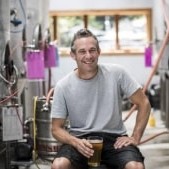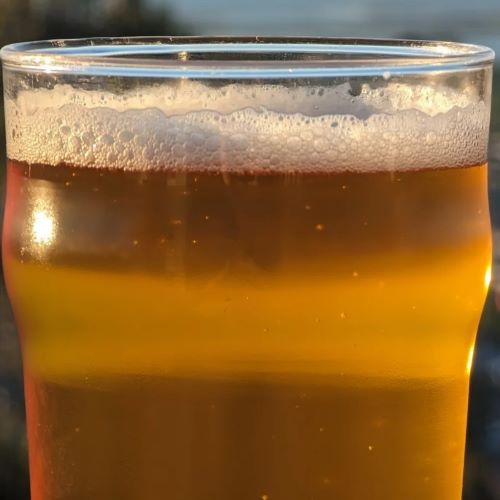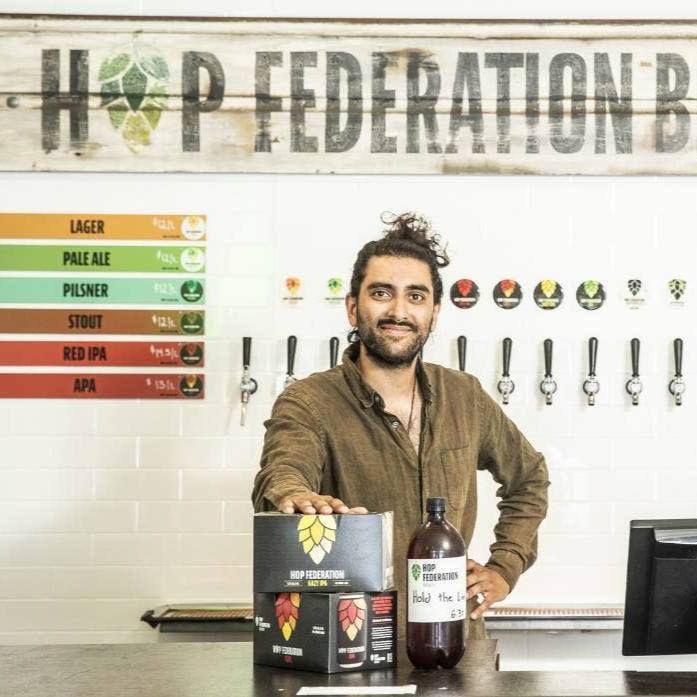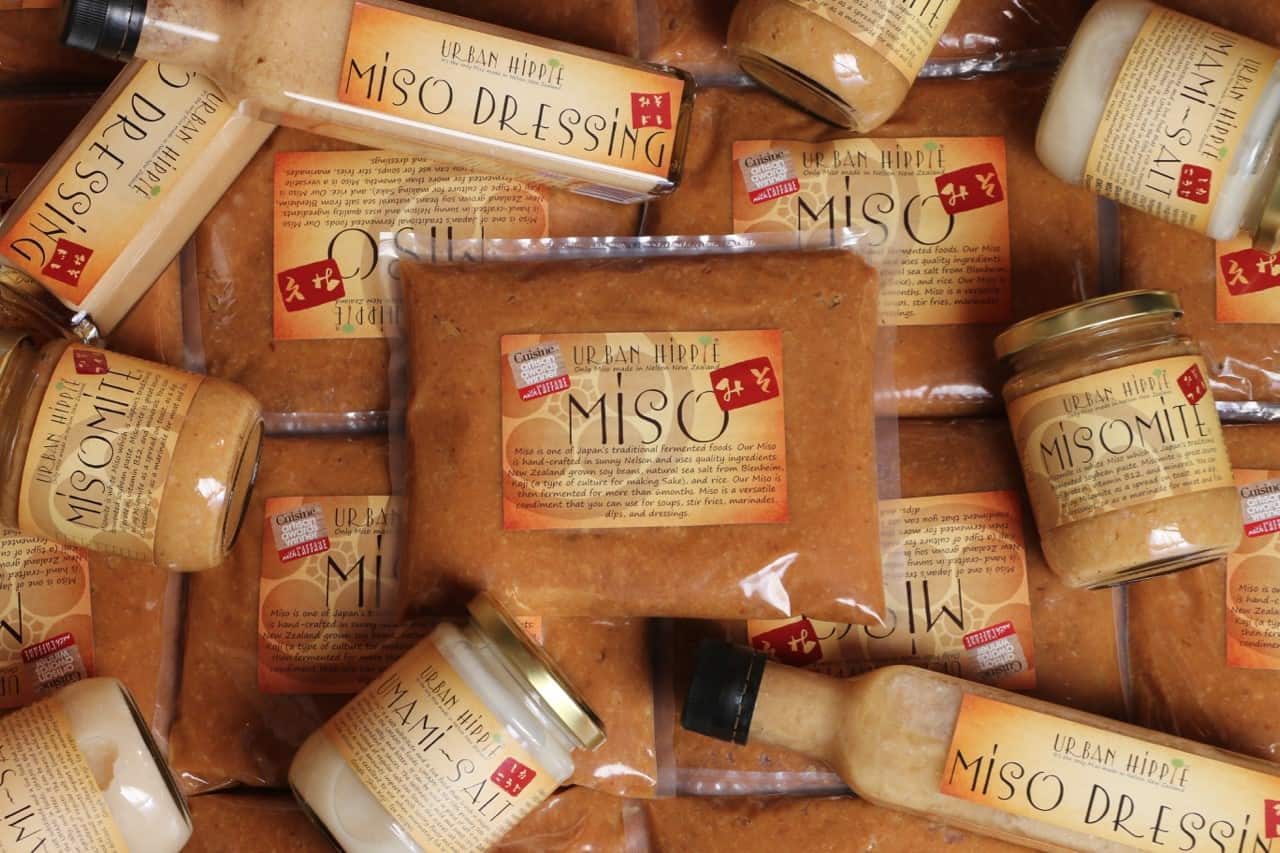
Nelson, The Artisan Capital of New Zealand – Nelson Mail 28.02.17
Writing this column often has me pondering about just how much our food and beverage choices have changed over the years.
When I think back 30 years we used to spend a day ‘doing the wine trail’, that meant we would visit all four wineries in the region, now there are about 25 cellar doors open for you to visit during the busy summer months and about half that number all year round.
Nelson was known for its three f’s – fishing, forestry and fruit, while these are still important industries and underpin the region’s export sector, there are now many wonderful producers growing and making some incredibly good products.
Who remembers the days when the only place that sold olive oil was the pharmacy? Yep, medicinal purposes only, nobody would even consider cooking with it even though Nelson had a large Italian community at the time, I wonder what those early Italian immigrants thought of our foods.
Today the Nelson region has some very hard working people producing some of the finest olive oils you will find in New Zealand, that is one huge change for the better.
The Italian community played their part in changing our attitude to food, firstly with market gardens and extensive tomato glasshouses in The Wood area and eventually introducing us to other foods of their homeland; mozzarella, pizza and basil to name a few are now staples of our food choices.
When it came to fresh herbs most people grew curly parsley in a corner of the garden at home and not much else, exotic herbs like coriander were unfamiliar and certainly nobody would have thought about using fresh fennel, or any fennel for that matter, to cook with and exotic spices like turmeric were virtually unknown in the land of the long white cloud.
Were we poorer for our lack of choices or has the number of wonderful foods we now think of as everyday products and ingredients made our cooking a lot more interesting but much more complicated and more expensive?
One thing I will guarantee is that many people read recipes in magazines or on-line, go to the supermarket or specialty store and buy an ingredient to make the dish that the wonderful photography in the glossy magazine has tempted them to try, use the ingredient once and put the rest in the pantry only to throw it out a couple of years later when it is well past its use by date.
A growing population has led to changing land uses too, remember when all those streets around Nayland Road in Stoke used to be orchards? Or the only things planted in the Moutere Hills were apples and pine trees, not houses.
It really wasn’t that many years ago, or maybe I have just been around longer than I think I have, but now the majority of apples grown in the region are produced on the flat lands of the Waimea Plains and around Motueka and Riwaka where people used to grow berry fruit and tobacco; land use has changed but as a region it is still the three f’s that underpin our export earnings with supporting acts from many other sectors.
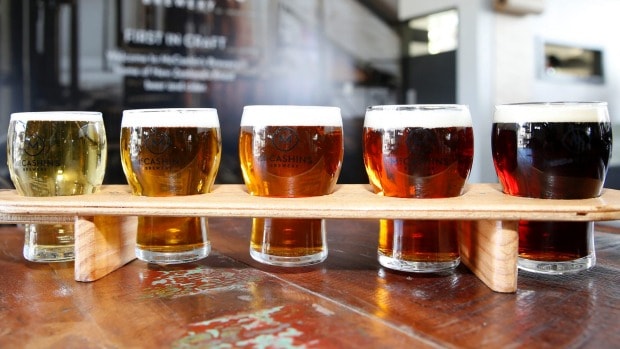
Nelson has been knowing for its brewing industry for generations, all of New Zealand’s hops are grown in the region and there have been breweries here for decades, Nelson Breweries was one such brewery located in the centre of town and it closed in the early 1970’s so Dominion Breweries could build the Rutherford Hotel on the site of the brewery, a new shining star of one of the country’s two brewing giants.
If we wanted a beer in those days you could only buy by the dozen at one of the wholesalers, who could only sell in minimum quantities of about 8 litres to protect the bottle stores in the local pubs that could sell single bottles, these local pubs were also controlled by the big brewing companies, protectionism at its finest!
Want a glass of wine with your meal? Then it was a hotel or licenced restaurant with the only one in Nelson for many years being the Capistrano on Bridge St, and the wine would have more than likely been something imported or of average quality, certainly not the wonderful choices we have today.
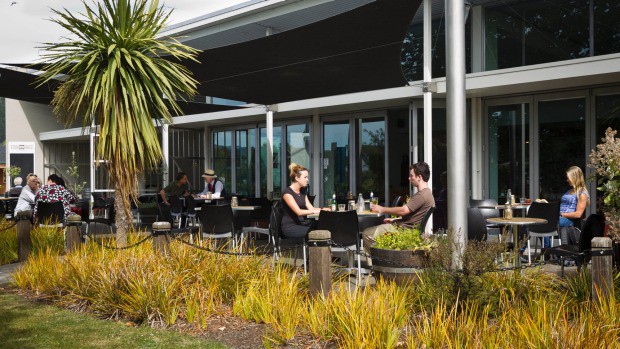
The café culture we enjoy today was a mere dream of those who had experienced the relaxed dining culture in countries like France and Italy.
Want a drink after 10pm? You could stay until 11pm if you had been dining in the hotel otherwise it was ‘last drinks and out of here’ at 10pm; no nightclubs or 3am closing, drink early and home early – was it such a bad thing?
The other wonderful change has been the emergence of artisan producers, making everything from olive oil, fruit juices, wine, beer, cider and cheese to cured meats, coffee, chocolate and so many other outstanding products.
One star artisan producer that has grown into a very big business is Pic’s, a business that has taken on the established producers who used all sorts of additives in their peanut butter and proved that pure and natural is the key to great products.
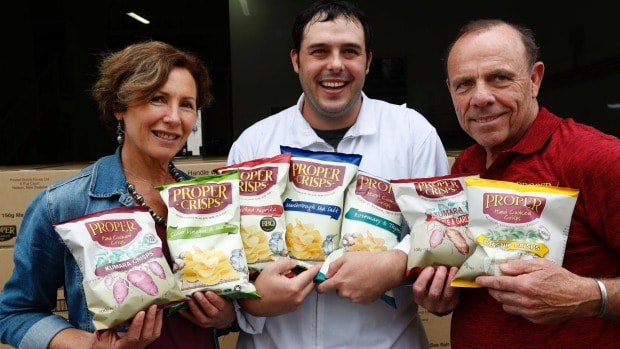
Proper Crisps have done the same thing, making a quality snack food without artificial additives that is natural and healthy, as long as you treat it as a snack food and not your main meal, while the Van Dyke sisters have taken the humble chia seed and turned it into a flavoursome, nutritious drink.
The huge success of the Saturday Market has given small scale local producers the opportunity to talk to consumers and explain why their products are so good and in many cases how to use them, by getting their products into your hands you have then sought them in supermarkets and the local owners of these stores have responded by stocking a wide range of local products.
We have also learned to eat seasonal foods, making dishes from fresh produce available locally rather than relying on imported goods to cook when they aren’t being harvested here, who wants to eat asparagus imported from the USA during winter when it should be one of the fresh delights of summer, it is just wrong to eat it in winter.
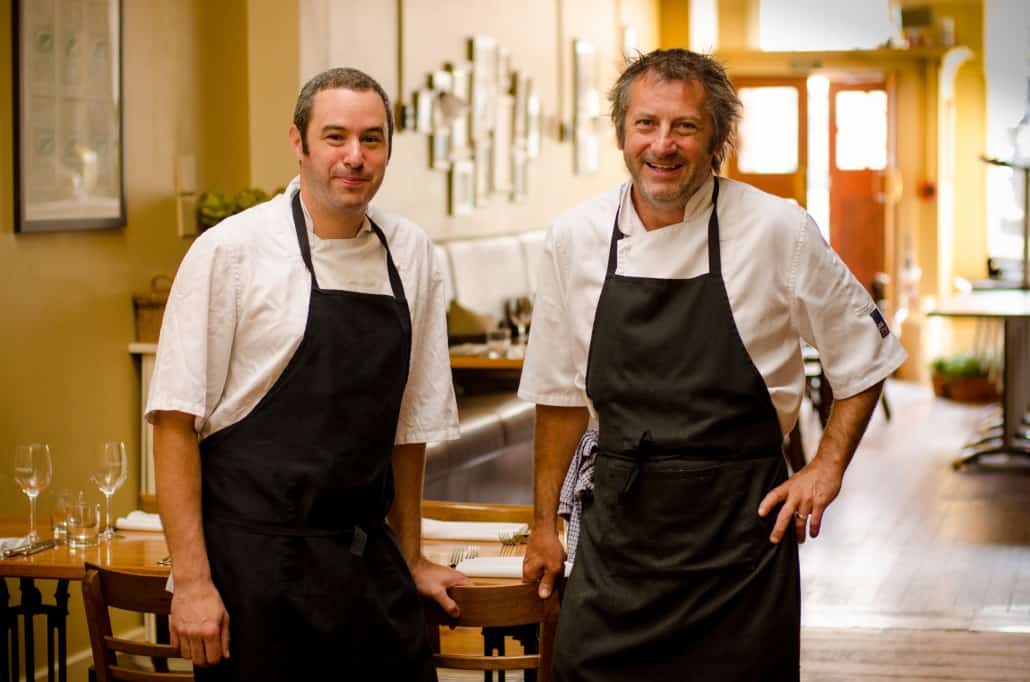
Finally we have seen the emergence of some simply outstanding restaurants and cafes that are proud to use local ingredients in the treats they prepare for you and me to enjoy and having such great places offering such a wide range of different foods means we tend to eat out a lot more than we did 30 years ago.
The Nelson region doesn’t hang its hat on one product for its export earnings or for its citizens to enjoy, there is a wonderful mix of premium foods and beverages produced here making it, in my opinion, the artisan food capital of New Zealand.
Nelson’s point of difference is its diversity, it has grown up and become a multi-cultural region producing an exciting range of foods sold directly by the producer to you or prepared by highly skilled and imaginative chefs who have chosen to call Nelson home.

